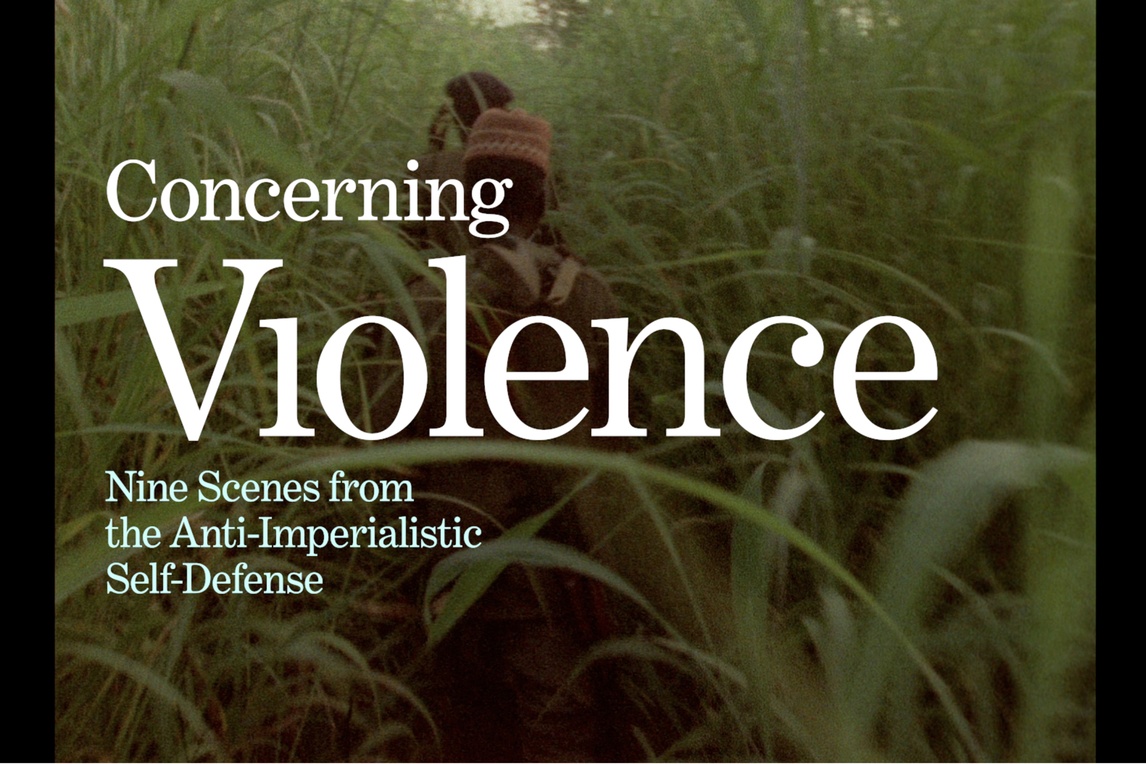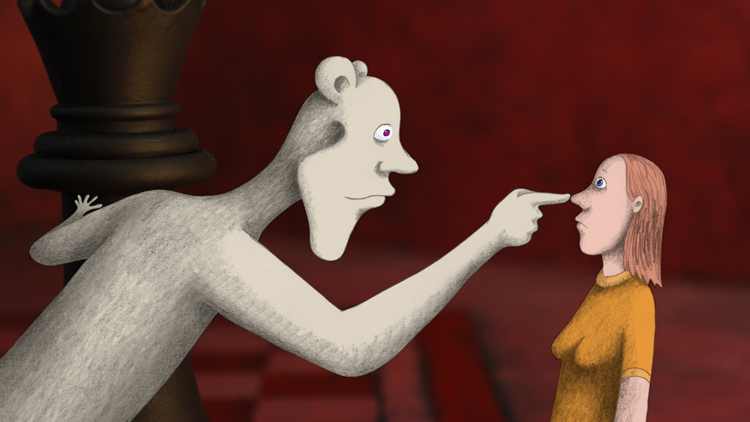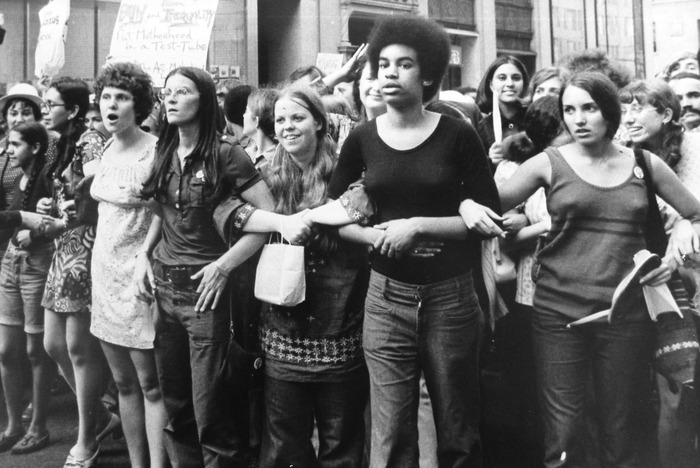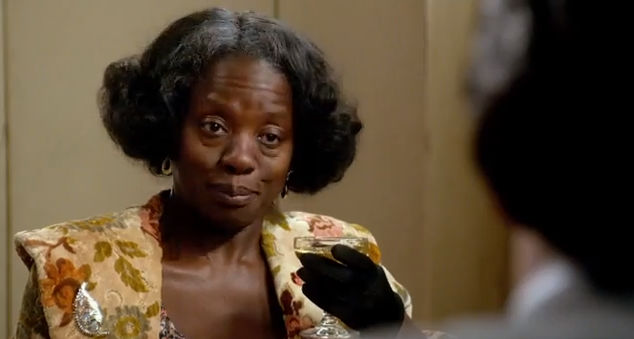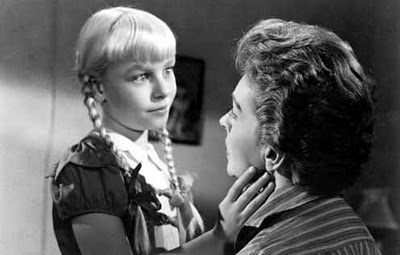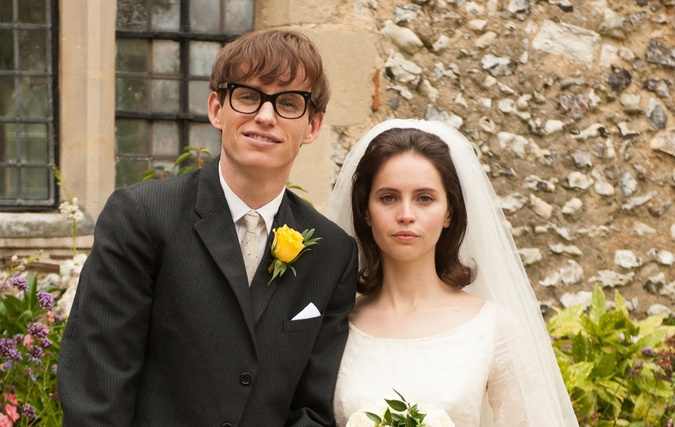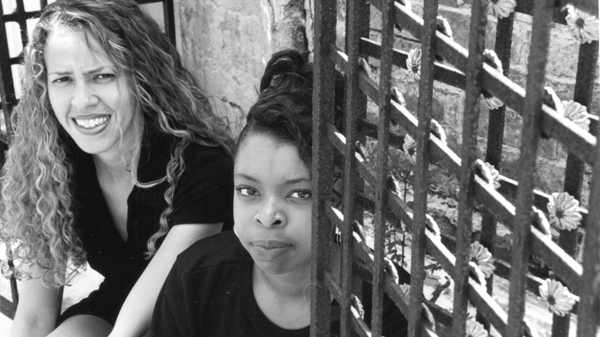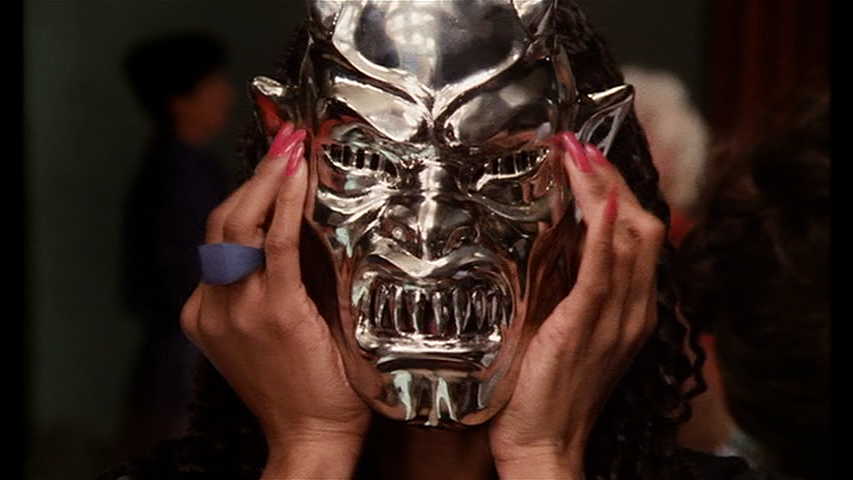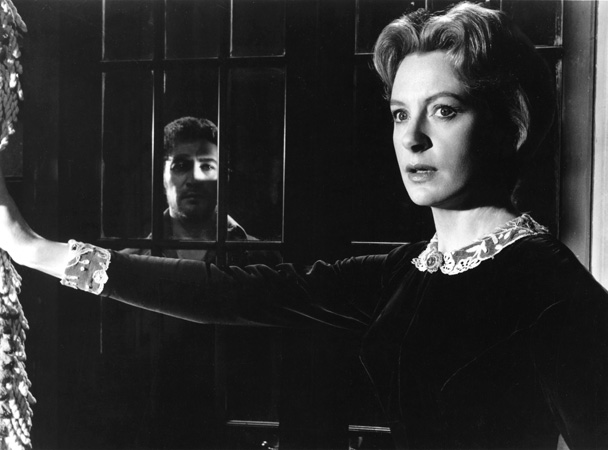‘Concerning Violence,’ Concerning Ferguson
Chinua Achebe said, “There is that great proverb — that until the lions have their own historians, the history of the hunt will always glorify the hunter.”
Reading Fanon, listening to Malcolm X, watching ‘Concerning Violence’–these are just a few ways to hear the lions. When the hunter listens, though, he sees a lion roaring, jaws open wide to bite and kill. The fear sets in. Oppressive control digs its heels back in.
